Search
Did you mean: Levant?
Search Results
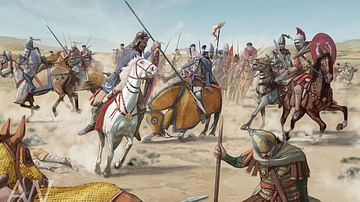
Definition
Battle of Immae
The Battle of Immae (272 CE) was fought between the forces of the Roman emperor Aurelian (270-275 CE) and those of the Palmyrene Empire of Zenobia (267-273 CE) resulting in a Roman victory and, ultimately, the capture of Zenobia and an end...

Definition
Sword Beach
Sword Beach was the easternmost beach of the Allied D-Day Normandy landings of 6 June 1944. The 3rd British Infantry Division was given the task of taking the beach while paratroopers and Royal Marine and French Commando units secured the...

Article
Agoge, the Spartan Education Program
The agoge was the ancient Spartan education program, which trained male youths in the art of war. The word means "raising" in the sense of raising livestock from youth toward a specific purpose. The program was first instituted by the lawgiver...
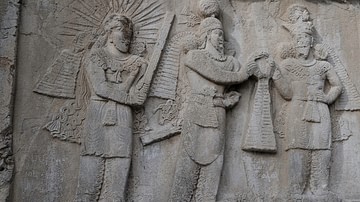
Article
Twelve Gods of Persian Mythology
Ancient Persian Mythology is the term now referencing ancient Iranian religion prior to the rise of Zoroastrianism between c. 1500-1000 BCE. This was a polytheistic faith with a pantheon led by the supreme god Ahura Mazda (“Lord of Wisdom”...
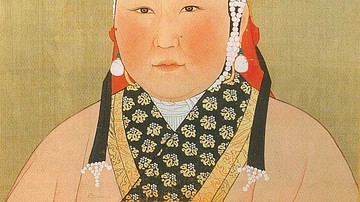
Article
Women in the Mongol Empire
Women in the Mongol Empire (1206-1368 CE) shared the daily chores and hardships of steppe life with men and were largely responsible for tending animals, setting up camps, childrearing, producing food and cooking it. Having rather more rights...
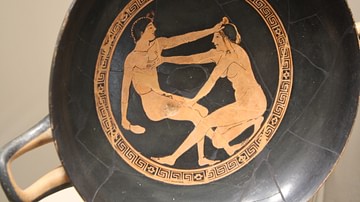
Article
Love, Sex, & Marriage in Ancient Greece
Love, sex, and marriage in ancient Greece are portrayed in Greek literature as distinct, yet closely intertwined, elements of life. For many upper-class men, marriages did not take place for love, and other relationships, be it with men or...
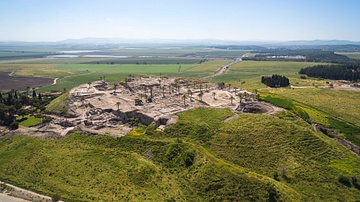
Article
Thutmose III at The Battle of Megiddo
The ancient site of Megiddo was the scene of a number of battles in antiquity and is best known as the source of the word armageddon, the Greek rendering of the Hebrew Har-Megiddo ('Mount of Megiddo') from the biblical Book of Revelation...
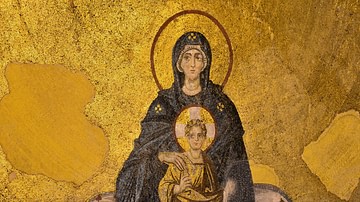
Article
Ancient Christianity’s Effect on Society & Gender Roles
Christianity began as a sect of Judaism in Judea in the 1st century CE and spread to the cities of the Eastern Roman Empire and beyond. In these cities, non-Jews, Gentiles, wanted to join the movement, and these Gentile-Christians soon outnumbered...
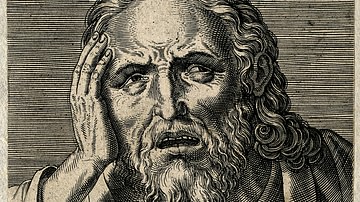
Article
Heraclitus: Life Is Flux
Heraclitus of Ephesus (l. c. 500 BCE) famously claimed that “life is flux” and, although he seems to have thought this observation would be clear to all, people have continued to resist change from his time to the present day. Heraclitus...
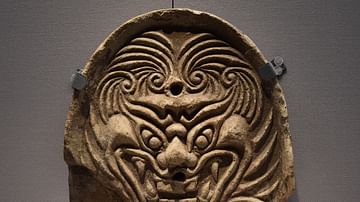
Article
Ghosts in Ancient Japan
Ghosts (obake or yurei) appear in ancient Japanese folklore and literature, usually in moral tales designed to both warn and entertain but they were also an important element of ancestor worship. If the deceased members of a family were not...